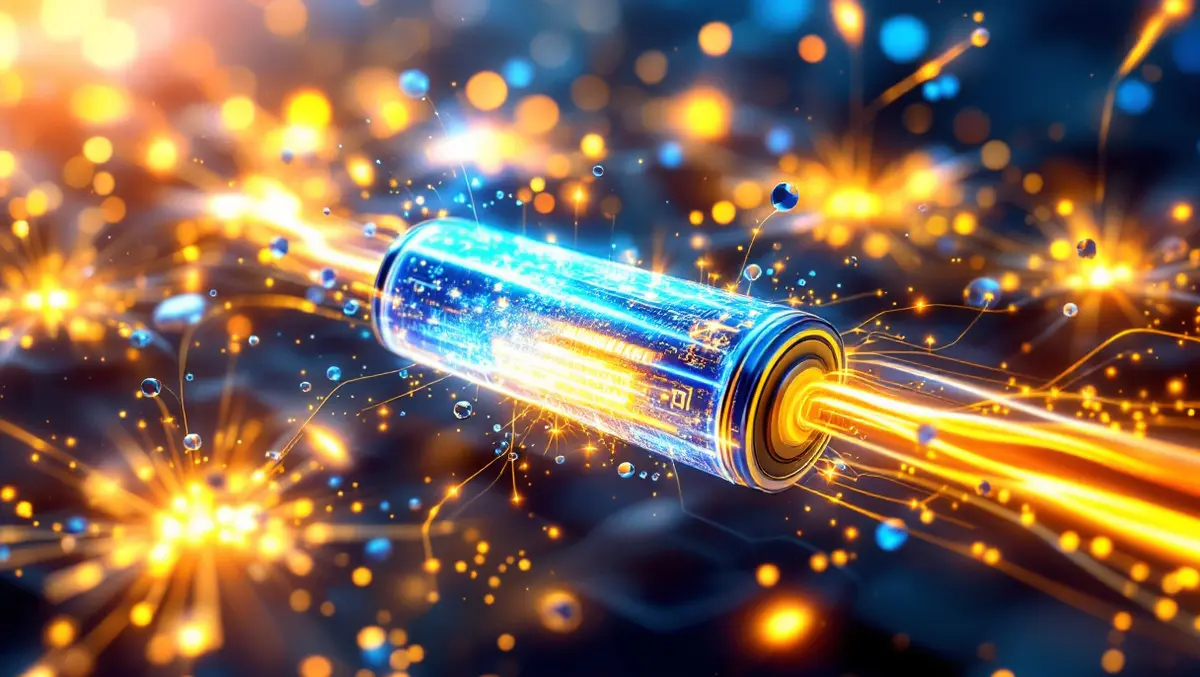
Li-S Energy advances lithium-sulfur battery technology
Li-S Energy has reported significant progress in battery technology and production capabilities over the past six months, concluding with advancements that enhance its competitive position in the global market.
The company successfully achieved a sustained energy density of over 450 watt-hours per kilogram from its lithium-sulfur pouch cells. These cells have been integrated into battery packs, which were used in drone test flights, demonstrating potential for other high-demand applications.
With a financial reserve of AUD $17.6 million in cash and equivalents, Li-S Energy is strategically poised for further expansion as it enhances collaborations with stakeholders in rapidly developing fields.
There has been a noticeable increase in interest from international technology firms interested in Li-S Energy's advanced battery solutions. These entities span various industries including transport, aviation, and defence, highlighting the burgeoning demand for comprehensive battery solutions.
Li-S Energy has formalised nine non-disclosure agreements with major companies and OEMs, which originated from an event where initial contacts were made. Discussions are ongoing to explore the potential for further partnerships.
In an openly disclosed project, the company has joined the Emerging Aviation Technology Partnerships' initiative, aimed at developing long endurance solar UAVs, receiving a grant worth AUD $1.35 million. This endeavour, in collaboration with VTOL Aerospace and Halocell, further cements Li-S Energy's position in aerospace technology.
Work continues with existing partners such as magniX in conjunction with the NASA eAviation program, showcasing the company's diverse range of collaborations within the aviation sector.
A key achievement for Li-S Energy was reaching a milestone in the energy density of its lithium-sulfur pouch cells. Three months after inaugurating its Geelong-based Phase 3 production facility, the cells achieved an energy density of 498 watt-hours per kilogram on initial discharge, declining slightly to 456 watt-hours per kilogram after formation cycling.
This record-setting performance places Li-S Energy amongst the most advanced players in the lithium-sulfur battery manufacturing arena and paves the way for their application in energy-intensive sectors.
In November, Li-S Energy conducted successful test flights of uncrewed aerial vehicles (UAVs) powered by a 12-cell lithium-sulfur battery pack developed on its new production line, reaching a flight time of 30 minutes with partial battery discharge, thus demonstrating extended use prospects.
Emphasising their production strategy, Li-S Energy has completed and commissioned its state-of-the-art Phase 3 production facility, equipped with Australia's largest dry room and designed to produce up to 2MWh annually. This facility is pivotal in solidifying the company as a leader in the manufacturing of advanced lithium-sulfur and lithium-metal pouch cells.
The Geelong facility also supports the company's R&D initiatives and testing requirements for partners, bolstering both its internal developments and broadening its reach in collaborative ventures.
Additionally, the firm has secured AUD $1.7 million from the Australian Federal Government under the Industry Growth Program to introduce the country's inaugural lithium metal foil production line, reinforcing its place in the domestic and global battery manufacturing landscape.
Li-S Energy's expansion plan includes the commissioning of smaller production lines for markets focusing on wearables and unmanned systems, indicating its approach to diversify its technology applications.


